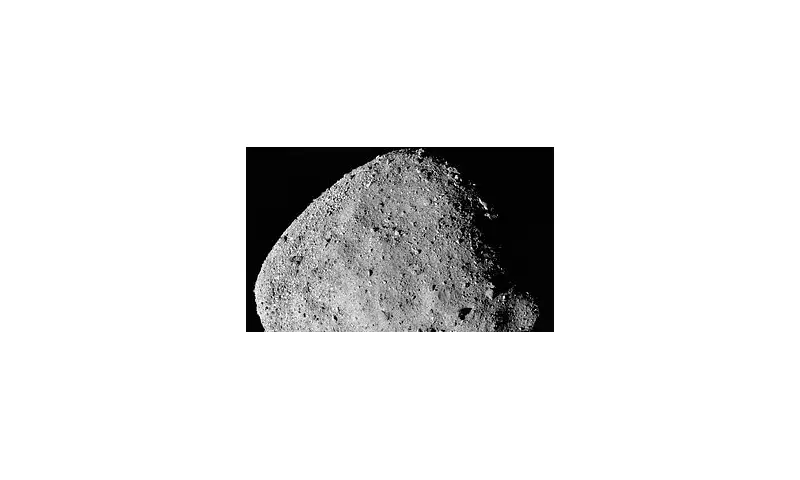
In a monumental leap for science that sounds like the plot of a blockbuster film, a NASA capsule has safely parachuted down to Earth carrying an extraordinary cargo: pristine material snatched from the surface of an ancient asteroid located 200 million miles away.
The seven-year OSIRIS-REx mission reached its breathtaking climax as the sample return capsule touched down in the Utah desert, meticulously recovered by waiting teams. This isn't just any space rock; the samples harvested from asteroid Bennu are believed to be a staggering 4.5 billion years old, making them older than our Sun itself.
A Cosmic Time Capsule Delivered
Scientists are hailing this as one of the most significant achievements in space exploration history. Unlike meteorites that scorch through our atmosphere, these samples have been kept in a pristine, uncontaminated state since the birth of our solar system. They represent a perfectly preserved snapshot of the ancient cosmic ingredients that eventually formed our planets.
Dr. Ashley King, a UK-based planetary scientist from the Natural History Museum who will study the samples, told the Daily Mail: "We're looking at material that is literally older than our planet. It's our best chance to understand the exact recipe that built our solar system."
Why Asteroid Bennu?
Bennu was chosen as the target for this billion-dollar mission for a very specific reason. It is a B-type asteroid, a primitive relic rich in carbon and organic molecules. Scientists believe that asteroids like Bennu could have been responsible for delivering water and the building blocks of life to a young Earth billions of years ago.
The successful Touch-And-Go (TAG) manoeuvre in 2020 saw the spacecraft briefly kiss the asteroid's surface, blast it with nitrogen gas to stir up material, and capture over 250 grams of dust and pebbles—far exceeding its target.
What Happens Next?
The precious cargo has been swiftly transported to a state-of-the-art clean room at NASA’s Johnson Space Center in Houston. There, it will be catalogued and analysed, with a portion of the sample shared with international partners, including scientists here in the UK.
This research aims to answer fundamental questions that have puzzled humanity for centuries:
- How did our solar system form and evolve?
- What role did asteroids play in seeding life on Earth?
- What are the exact organic compounds present on these ancient space rocks?
Furthermore, studying Bennu's composition is crucial for planetary defence, as it is classified as a potentially hazardous object with a small chance of impacting Earth in the distant future.
This successful mission not only marks a new chapter in astronomy but firmly establishes NASA's capability to return samples from deep space, paving the way for even more ambitious journeys to other celestial bodies.





